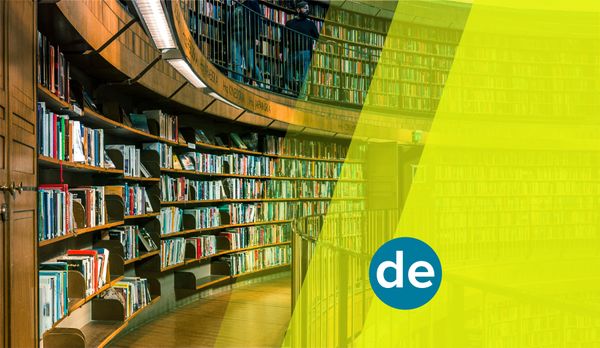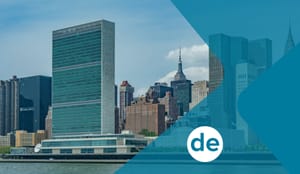Current Happenings in the Internet Governance Context in August 2023
The final declaration of the G20 Summit in New Delhi on 9 September 2023 contains a separate chapter on "Technological Transformation and Digital Public Infrastructure". The main focus is on creating a stable framework for the development of digital public infrastructure and the digital economy. "An enabling, inclusive, open, fair, non-discriminatory and secure digital economy is increasingly important for all countries and stakeholders while respecting applicable legal frameworks. We will ... build a safe, secure and resilient digital economy". The G20 also wants to create a global framework for digital currencies and strives to achieve international compatibility in the development of legal norms for artificial intelligence.
DMA and DAS
On 6 September 2023, the EU Commission took the next step in implementing the Digital Market Act (DMA) by defining six so-called "gatekeepers" (Alphabet/Google, Amazon, Apple, ByteDanceMeta/Facebook and Microsoft) and a total of 22 platform operators who are now accountable under the DMA. The designated gatekeepers must deliver a "compliance report" within six months. In the event of a breach of DMA regulations, the company will be subject to penalties of 10 per cent of its annual global turnover.
On 18 September 2022, the 2nd High-Level Digital Dialogue between the EU and China took place. It was co-chaired by EU Commissioner Vera Jourová and Chinese Vice Premier Zhang Guoqing. Discussed were European digital laws such as DMA and DAS as well as the regulation of artificial intelligence. Internet governance was not on the agenda. A joint action plan was signed to ensure the security of products and services in bilateral online trade.
UN Convention on Cybercrime
On 1 September, the 6th and penultimate negotiation round on a new UN Convention on Cybercrime ended. With the new consolidated draft – the almost 100 articles of the first draft were reduced to 40 articles – progress could be made on some issues. However, the two basic conflicts - definition of offences and rule of law procedures in international cooperation - remained unresolved. Western states want a narrow definition, China, Russia and many developing countries want a broad definition that includes all offences committed with IT technology. This particularly concerns crimes related to the dissemination of information content and terrorism, which are defined very differently from country to country. The chair of the Ad Hoc Committee (AHC), the Algerian ambassador will present another consolidated draft by the final meeting in January 2024. Western states have not yet made a final decision on whether they will sign the convention in the event of a majority decision, which could open a gateway for abuse of the convention.













